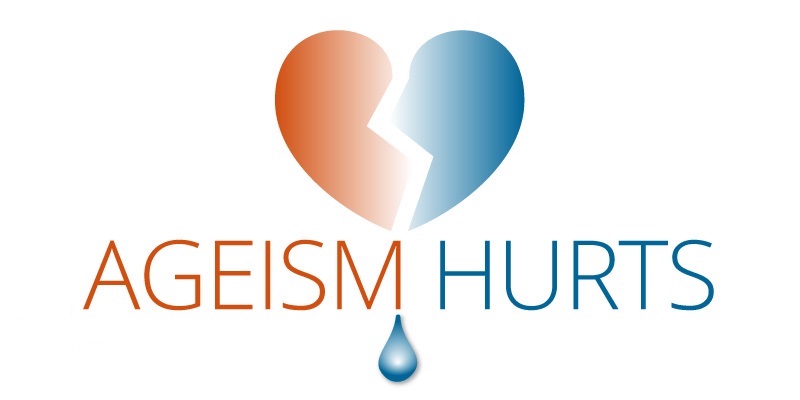
What is ageism?
Ageism is discrimination and stereotyping based on age. Among other destructive elements, ageism stigmatizes people of the same age group as sharing all the same negative qualities and possessing a diminished level of authority. This narrow view of aging thrives in the American youth-oriented culture, crippling our understanding of the healthy aging experience and the vibrant diversity within older generation of adults. Harmful prejudices about older adults are propagated at home and in the workplace, in the media and popular culture, and are deeply rooted in our language and history.
Where is Ageism?
Ageism is pernicious problem in our society that urgently requires a cultural transformation to recognize the true strength and capacity of all older adults. As Jane Fonda, the actress, states, “America’s aging population is not in decline, as the outdated paradigm of the arch of aging suggests, but rather entering what has come to be known as life’s third act.“ The Center for Elder Abuse Solutions believes that people of all ages have the right to live their entire lives, including “the third act”, with dignity and respect.
What is the Impact of Ageism?
The pervasiveness of these ageist frameworks is damaging to the dignity of older adults, and can have detrimental effects on their health and safety. For example, age prejudice can result in older people experiencing diminished memory performance and a lessened ability to cope with stress, thereby increasing vulnerability to abuse and exploitation, In addition, devaluing older adults creates a society less inclined to protect vulnerable older people. Thus, ageism works against abuse prevention. Dr. Mark Lachs, Co-Chief of Geriatrics and Palliative Medicine at Weill Cornell Medicine, addresses the connections between ageism and elder abuse in a 2013 video. Age discrimination is perpetuating the growing epidemic of elder abuse. It’s time we combat ageism to stop elder abuse, neglect and exploitation.
Center for Elder Abuse Solutions' Initiatives to Counter Ageism
CEASe’s core values guide our work and are ageist-free. They speak of respect for older adults, a concern for keeping older adults safe and free from harm, and support a person-centered approach to service.
Our Enhanced Multidisciplinary Teams are a person-centered response to elder abuse, neglect and exploitation.
 Elder Abuse: An Overlooked Theme in “The Trip to Bountiful:” This blog explores the themes of elder abuse and ageism portrayed in this 2013 Broadway production.
Elder Abuse: An Overlooked Theme in “The Trip to Bountiful:” This blog explores the themes of elder abuse and ageism portrayed in this 2013 Broadway production. Elder Justice Advocacy: Where We Have Been & Where We Are Going: This blog points to ageism as the most important reason for the lack of recognition of elder abuse and highlights that ageism is at the heart of many cases of elder abuse, but also plays a large role in the lack of a policy and public response to this epidemic.
Elder Justice Advocacy: Where We Have Been & Where We Are Going: This blog points to ageism as the most important reason for the lack of recognition of elder abuse and highlights that ageism is at the heart of many cases of elder abuse, but also plays a large role in the lack of a policy and public response to this epidemic. “Derek”: Fighting Ageism Through Television: This blog highlights the sitcom Derek, which shines light on the value of older adults and intergenerational friendships.
“Derek”: Fighting Ageism Through Television: This blog highlights the sitcom Derek, which shines light on the value of older adults and intergenerational friendships.
![]() Click here to access a list of additional ageism-related resources. We want to continue the dialogue about ageism and elder justice with you!
Click here to access a list of additional ageism-related resources. We want to continue the dialogue about ageism and elder justice with you!
*Ageism Hurts graphic created by Nancy Oatts; nancyoattsdesign@gmail.com.

